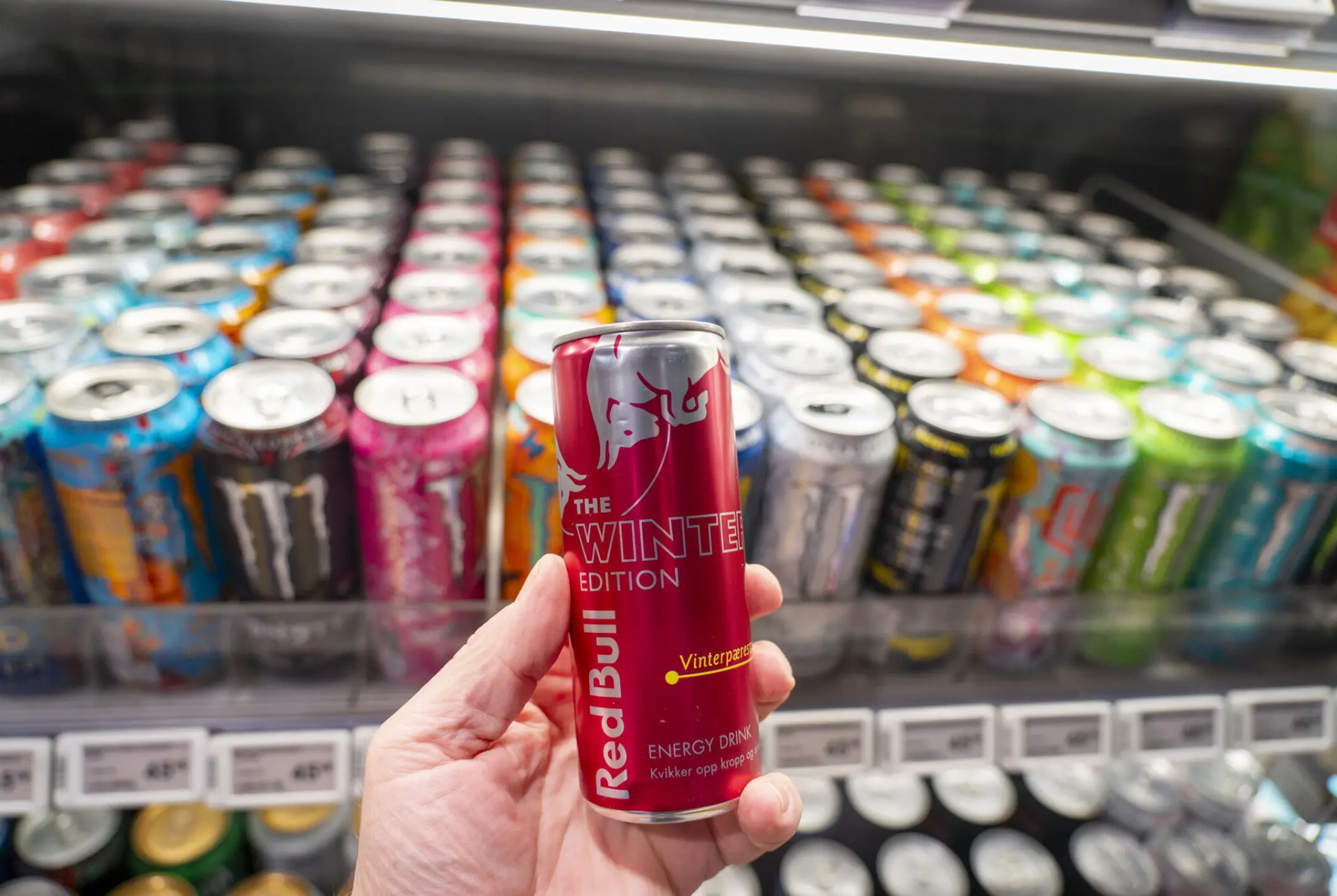A new study raises the alarm about energy drinks and sleep.
Over 50,000 Norwegian students were questioned if they consumed energy drinks and how well they slept. Those who consumed even little amounts of energy drinks had much more trouble sleeping than other pupils."It turns out that people who consume a lot of energy drinks do not only go to bed later. They also have difficulty going asleep in the evening, experience more nocturnal awakenings, have shorter total sleep duration, and are more likely to oversleep. "Sleep becomes more superficial," explains senior researcher Børge Sivertsen at the Norwegian Institute of Public Health (NIPH).
The new study used data from the Students' Health and Well-being Study (SHoT) in 2022. The approximately 53,000 students involved range in age from 18 to 35 years old and attend colleges, universities, and vocational institutions throughout Norway.
They responded to a variety of questions about sleep habits and the use of energy drinks.
Those who used energy drinks reported taking half an hour longer to fall asleep and sleeping one hour less than those who did not.
According to Sivertsen, energy drinks can have a similar impact on sleep as coffee when consumed at the same time of day.
Sugar and the fruit guarana are common ingredients in energy drinks, and both have been demonstrated to have an effect on sleep.
He also mentions how easy it is to consume a lot of energy drinks, due to their taste and the fact that they are available in large cans or bottles.
"Few individuals drink so much coffee. Sivertsen claims that the bitter taste of coffee in energy drinks is nearly non-existent. He is the project manager for SHoT.
The Norwegian Institute of Public Health (NIPH) conducts the SHoT survey every four years, and the study on energy drinks is a collaboration between NIPH, the Innlandet Hospital Trust, and the University of Oslo (UIO).
Advice for Those Struggling with Sleep
Sivertsen recommended that those who struggle to sleep avoid any caffeinated beverages.
"In the treatment of insomnia, we often recommend that you drink coffee before lunch. Caffeine, on the other hand, has a different effect on each individual. "While some people can drink five to six cups of coffee without problems, others may be sensitive to even small amounts," he explains.
Energy drinks typically include 32 milligrammes of caffeine per deciliter, according to the NIPH.
The caffeine concentration in filter coffee is slightly greater in the same amount, at 40 milligrammes per deciliter.
A large can of energy drink has 160 milligrammes of caffeine, which is twice as much as a two-deciliter cup of filter coffee.
Uncertain relationship.
The study emphasises that it is unclear how much of the observed sleep issues are caused by drinking energy drinks.
An possible reason is that those who have trouble sleeping consume more energy drinks than others in order to stay awake.
"It's an important point that if you sleep poorly and are tired during the day, it's easy to turn to caffeinated drinks," Sivertsen said.
He feels that when this study is evaluated in conjunction with other research, there is grounds to suspect that energy drinks have a major effect on sleep.
For many, he believes it can become a vicious cycle.
"The more you drink, the worse you sleep, which leads to more drinking. Then you're in the loop," he explains.
More people consume energy drinks than before.
Energy drinks have gained popularity in recent years, particularly among young people in school.
According to an NIPH survey, 43 percent of secondary and upper secondary school students in 2022 reported taking energy drinks on a daily basis, up from 27 percent in 2017. The proportion of people who use energy drinks on a daily basis has more than doubled, from 2.6 to 6.2 percent.
"Energy drinks appear to have made a rapid appearance on the market. They've evolved into a popular beverage with a strong brand identity. It's normal for these trends to start on TikTok," Sivertsen says.
In the 2022 SHoT poll, 3.3 percent of women and 4.7 percent of men reported using energy drinks on a daily basis.

Comments
Post a Comment